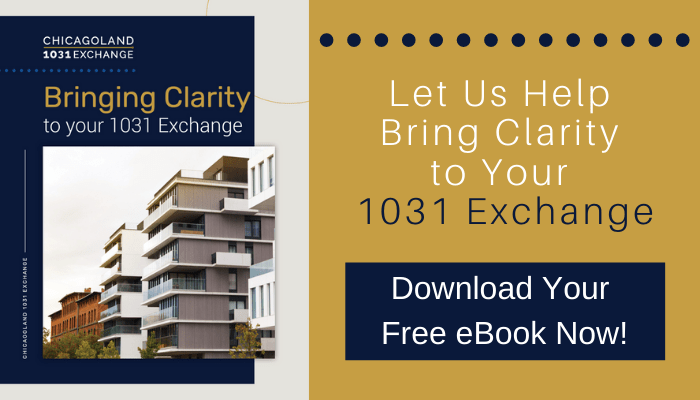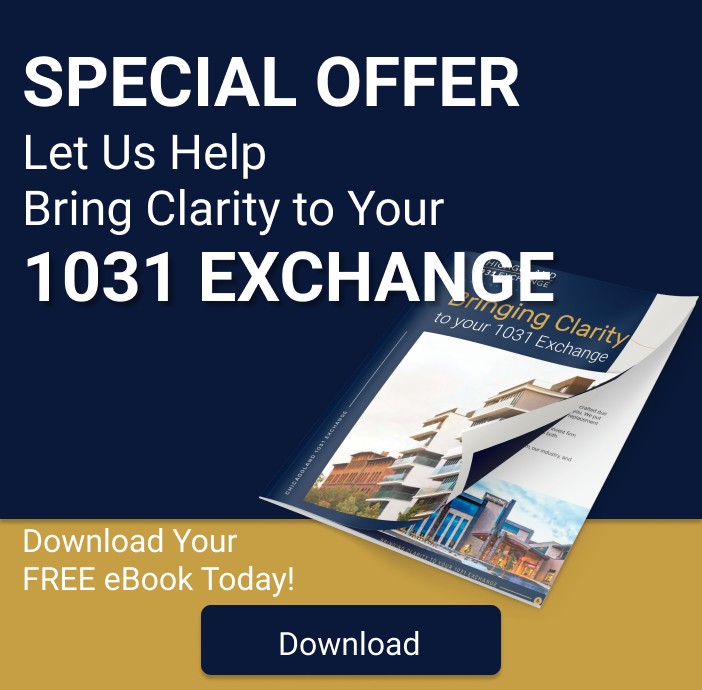Qualified Opportunity Zone Fever?
Written by Nathan Kuhn December 11, 2019

As the end of the year approaches, Qualified Opportunity Zones (QOZs) remain one of the most hotly discussed topics in financial circles. This is in large part because to be eligible for the second tax step-up a QOZ investment affords in 2026, you need to be invested into a Qualified Opportunity Fund (QOF) by the end of 2019. Aside from the obvious timing implications, though, the underlying question still exists: are QOZs good investments? Here’s how we’ve responded to that question with our clients, many of whom have chosen to invest in QOFs we’ve suggested them to.
Due Diligence to Determine a Potentially Good Investment
The first thing to remember is that while the tax benefits of a QOF are enticing (up to a 15% step-up in tax basis, and no capital gains tax paid on profits held for 10 years), we have to believe any QOF we’re considering is a good investment on its own merits. First and foremost, the QOF needs to be a strong investment with the QOZ tax benefits providing other compelling advantages that turn a good investment into a great one.
There have been several hundred QOFs introduced following the passage of the 2017 Tax Cuts and Jobs Act, many with the hope of cashing in on what some think is a modern-day gold rush. The task for us at Chicagoland 1031 Exchange is wading through the sea of QOF options to identify those few investment opportunities that we believe are strong investments on their own. Therefore, any investment that earns its way onto the desk of one of our clients has already undergone three rounds of extensive due diligence.
Assessing Economic Distress
Another common concern we hear from clients considering a QOF investment is that the Qualified Opportunity Zones supporting the fund, are, by definition, in areas that are “economically distressed.” They are wondering if these are the right locations to be making concentrated investments. Certainly, we all have an inherent interest in helping those in need, but we have many options to do that and making an investment decision in a poorly-planned QOF would obviously not be a wise approach.
To complicate matters further, the laws on which the 2017 Tax Cuts and Jobs Act were structured, relied on zones defined in the 2010 census. Suffice to say that in the seven years that passed from the census to the final 2017 legislation, the economic situation changed significantly in many of the originally-defined distressed areas.
Our focus at Chicagoland 1031 Exchange has always been on putting our clients first by bringing to them investments that we feel have sound fundamentals and a strong chance of successfully executing their strategy. Each of the QOF that we work with has a different strategy. In many cases, though, properties the fund sponsors are now looking to invest in as part of their QOF were already under consideration prior to the 2017 tax change that created QOZs. This philosophy aligns with our belief that properties must have investment appeal and fundamentals without the added tax advantages provided by the QOZ status.
Explore Qualified Opportunity Funds
Our firm has access to several Qualified Opportunity Funds – which we think meet our standards as discussed above. If you are interested in learning more about these investments or reviewing offering materials, please contact us at (224) 245-5281 or at [email protected].
Topics:
Opportunity Zones





